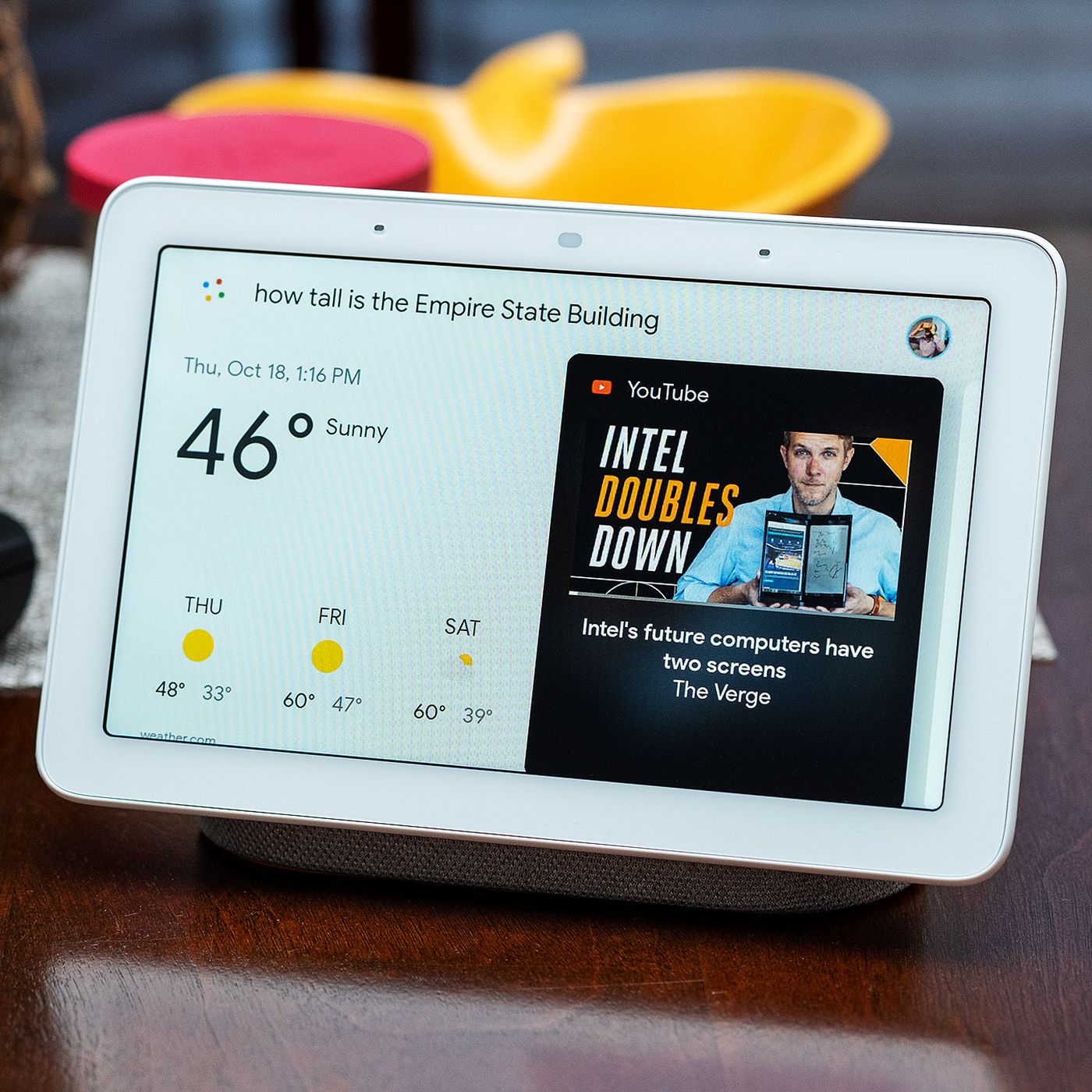iOS 14.2 update ruins the battery life of some models
Some iPhones upgraded to iOS 14.2 have significant battery life issues. According to testimonials on the web, the update completely ruins the battery life of iPhones released a few years ago. In some cases, the battery even drains within a few hours.
In early November 2020, Apple rolled out iOS 14.2 update in final and stable version. In addition to new emojis, wallpapers and general fixes, the update signed the arrival of the 1080p definition now supported by Face Time. Unfortunately, the firmware also comes with a drastic reduction in the battery life of some iPhone models.
On Reddit or on the official Apple forums, users claim that their iPhone battery drains much faster since installing the update. “My 2020 iPhone SE deteriorated with each version of iOS 14. During the night, while I was sleeping, it only lost 1 to 2% of the battery in 8 hours. Over the past few weeks, he has now lost 5% in 5 to 6 hours ” explains a developer on the Apple forum.
On the same subject : iOS 14.2.1 update fixes the bug of SMS not received on iPhone 12
Some iPhones lose 50% battery in 30 minutes
In other users, the battery drains by 50% within 30 minutes. Many users no longer manage to finish the day without going through the recharge box. “My iPhone X suddenly discharges in the middle of the afternoon when I could finish the day without problem before” testifies a user. In some cases, iPhone charging time, whether wired via Lightning or via a wireless charging cradle, has significantly increased.
Most of the testimonials relate to iPhones released a few years ago, such as iPhone X, iPhone XS, iPhone XS Max, iPhone 7, iPhone 6S and the first generation iPhone SE. However, there are several testimonials from users of an iPhone 11 or an iPhone SE 2020. The iPhone 12, launched a few weeks ago, do not seem to be affected. On the other hand, the iPad Pro 2018 running iPadOS 14.2 encountered similar bugs.
In light of the testimonies listed, this is a software problem. Apple can therefore correct the bug that drains autonomy via a future update of iOS. We hope that a patch will be integrated into the code of iOS 14.3, the deployment of which is expected in the coming weeks.



